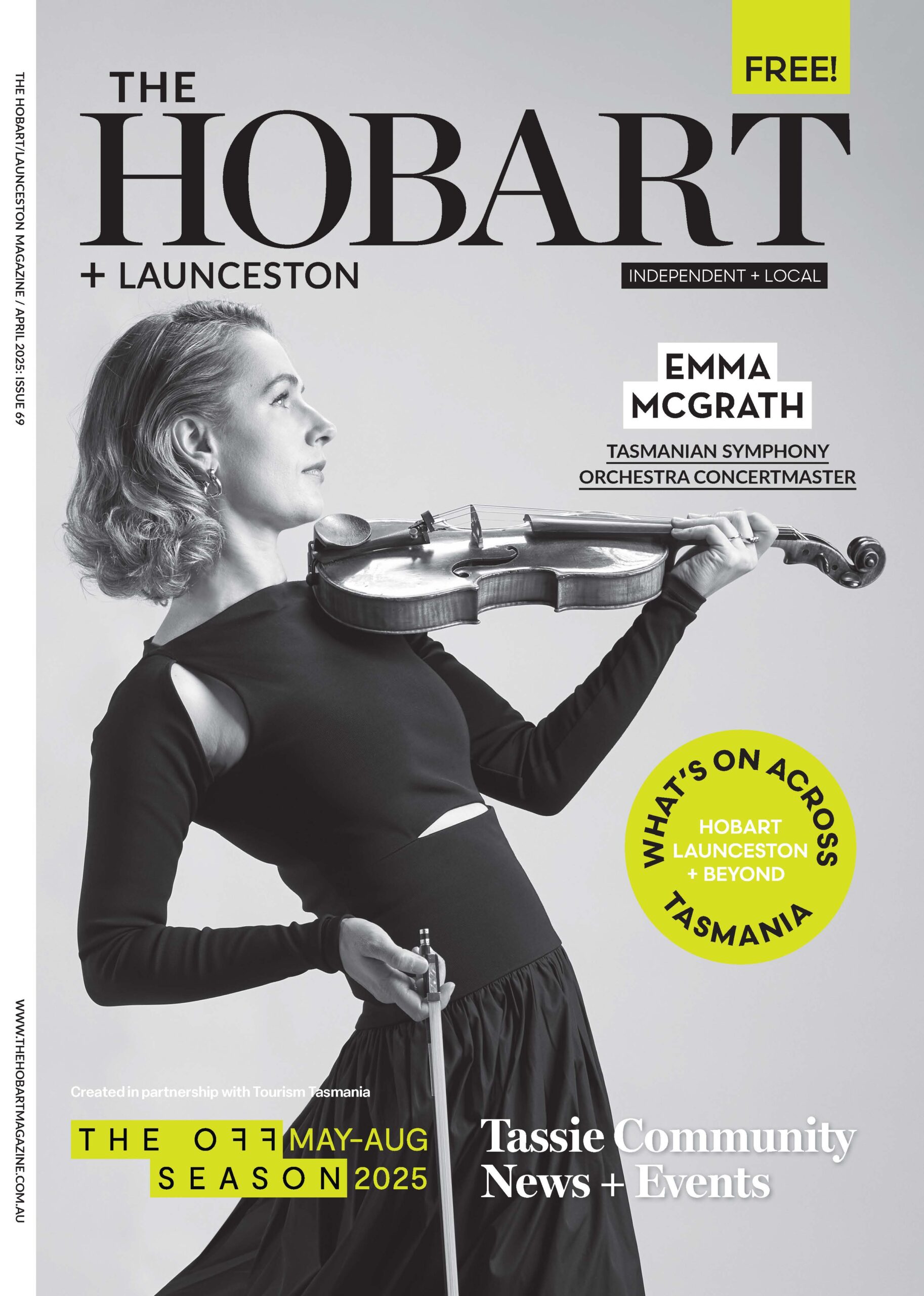What Became of the Children of Convicts? The History of Hobart’s Orphan Schools
by Lilian Koch

You may be well acquainted with stories of prisoners being shipped to Van Diemen’s Land to carry out their sentences as convicts. But what is perhaps often overlooked in our colonial history is the story of what became of the direct descendants of convicts.
Many women who arrived in Van Diemen’s Land were accompanied by their children. Upon arrival, however, these children were usually sent to one of the Orphan Schools in New Town.
Established in 1828, these Orphan Schools were an early form of public education, but also an unsurprisingly cruel and harsh one. The majority of these children were not true orphans – they simply had convict parents who were not permitted to keep them in their care. This, in part, was an attempt to rid the penal colony of its vices, as the colonial government thought that the best way for children to avoid inheriting the ‘stain’ of their parents was to remove and reform them. There were also a number of Aboriginal children, including ones who had been living with white families. Other children were also admitted due to the death, illness, desertion, or illegitimacy of their parents.
Discipline, punishment, control, and religion was used in an attempt to shape these children into respectable adults. The schools were cold, with no fires, poor sanitation, and disease all contributing to high mortality rates. As an 1839 article by the Colonial Times put it:
“Everyone knows how pleasing an appearance the exterior of the building exhibits; we wish we could say as much of the interior; but this we cannot do, as the majority of the apartments allotted to the use of the children, are cold, comfortless, and ill-arranged upon a most mistaken system of parsimonious economy. In one room we saw five little fellows blue and shivering with cold. There was, it is true, a fireplace in the room, but no fire. We have seen many assemblages of children in our time, both at home and abroad but never did we see two hundred human beings that exhibited so squalid an appearance, as did the majority of the Queens Orphans.”
If a convict woman fell pregnant while serving time, she could be admitted to one of the nurseries that were established in the female factories. Not surprisingly, these were overcrowded, and infant mortality was rampant. Many children born in factories died from malnutrition, diarrhoea, and other preventable illnesses, as well as unhygienic and cold living conditions. Pregnant women usually remained in these nurseries to await the birth of her child, remaining for another six to nine months until her infant was weaned. She would then be sent to the factory yard to serve six months hard labour as punishment for giving birth to an illegitimate child. The infants would usually remain in the nursery until two or three years of age, before being transferred to the Orphan Schools.
Reverend Thomas Ewing, master of the Queen’s Orphan Schools, firmly believed that convict mothers should not have been allowed to associate with their children because they would be contaminated by their vices. He argued that in no case “is it advisable to admit the mothers to associate with their children; in every case I think it is a disadvantage. If the illegitimate children were kept wholly from their parents, there would be much greater chances of their turning out well” (Depraved and Disorderly, 1997). In this way, convict women were, by definition, bad mothers who were polluted and diseased and had the capacity to contaminate their children.
In 1879 the Orphan Schools closed its doors. The buildings still remain to this day and have most recently been used as an aged care facility. A sculpture by Rowan Gillespie now lies on the Hobart Waterfront in front of MACq 01, in remembrance of the plight of convict women and children who were transported to Van Diemen’s Land.

